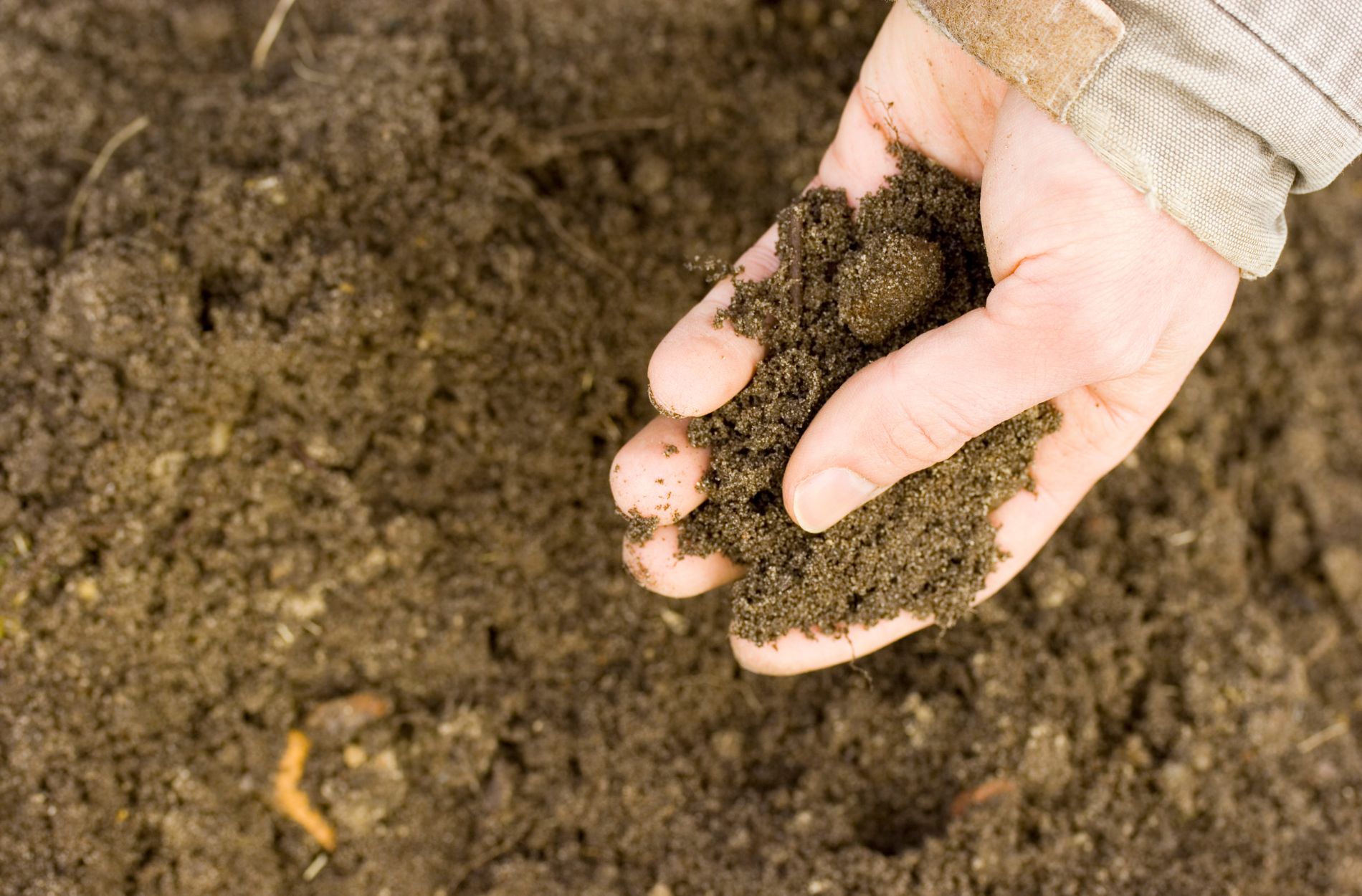Soil contamination is a critical environmental issue that can have detrimental effects on human health, ecosystems, and property value. Various factors can contribute to soil contamination, including industrial waste disposal, petroleum spills, pesticide and fertilizer application, and the presence of heavy metals like lead or arsenic. Given the significant risks associated with contaminated soil, professional soil testing and remediation services are crucial for identifying and addressing contamination to ensure a safe and healthy environment.
In this article, we will delve into the hazards associated with contaminated soil, discussing the sources of contamination, the potential impacts on human health and the environment, and the necessity for professional soil testing and remediation services. Our aim is to provide you with a comprehensive understanding of this pressing issue and the essential role of professional services in helping safeguard our health, the environment, and our properties.
Whether you are a homeowner, a builder, a property manager, or an environmental enthusiast, this article will offer valuable insights to help you make informed decisions about managing soil contamination risks and ensuring a safer, cleaner environment around you. So, let us explore the intricacies of contaminated soil, its implications on our lives, and the professional services that can help us minimize our exposure to these harmful substances and promote a more sustainable environment.
Sources of Soil Contamination
To better understand the risks associated with contaminated soil, it’s crucial to have a clear picture of the common sources of soil contamination. These can be categorized into several main groups:
1. Industrial and Manufacturing Activities: Waste disposal practices, chemical spills, and emissions from industries, such as petroleum refineries, smelters, and metal plating facilities, can introduce heavy metals, volatile organic compounds (VOCs), and other harmful substances into the soil.
2. Agriculture: Pesticide and fertilizer applications can cause excessive concentrations of chemicals and nutrients in the soil, leading to contamination and imbalances in local ecosystems.
3. Transportation: Leaking underground storage tanks, oil spills, and roadway runoff can contaminate soil with petroleum products and heavy metals.
4. Residential and Commercial Activities: Improper disposal of household chemicals, lead-based paint debris, and construction waste can contaminate residential and commercial land.
Impacts of Contaminated Soil on Human Health and the Environment
Contaminated soil poses several risks to human health and the environment. These can manifest in multiple ways, including:
1. Direct Contact: Prolonged skin contact with contaminated soil can cause irritation, dermal absorption, or the potential ingestion of contaminated particles due to hand-to-mouth behavior.
2. Inhalation: Dust from contaminated soil can be inhaled, leading to respiratory issues and the potential absorption of contaminants into the bloodstream.
3. Ingestion: Consuming produce grown in contaminated soil or groundwater can introduce contaminants into the body, potentially leading to various health issues.
4. Ecosystem Degradation: Soil contamination can harm plant growth, disrupt microbial populations, and impact terrestrial and aquatic ecosystems, impairing local biodiversity.
The Ins and Outs of Soil Testing and Remediation
Professional soil testing and remediation services are of paramount importance in identifying and addressing soil contamination. They involve the following key aspects:
1. Soil Testing: Certified professionals collect samples of soil for laboratory analysis to identify contaminants, evaluate their concentrations, and determine the extent of the problem.
2. Risk Assessment: Experts assess the potential risks posed by the contaminants, taking into account factors such as the physical and chemical properties of the contaminants, the potential exposure pathways, the land use, and the vulnerability of the affected population.
3. Remediation Planning: Based on the findings of the testing and risk assessment, an appropriate remediation strategy is devised to mitigate the impacts of the contamination on human health and the environment.
4. Remediation Implementation: Soil remediation may involve a range of techniques, such as excavation and disposal, soil washing, bioremediation, or immobilization, depending on the nature and extent of the contamination.
Contributing Factors to an Effective Soil Contamination Management Plan
Implementing a comprehensive soil contamination management plan is vital to safeguard against soil contamination hazards and ensure a safe environmental space. An effective plan should include:
1. Regular Testing: Routine soil testing can help detect soil contamination early, allowing property owners and stakeholders to act promptly and address issues before they escalate.
2. Targeted Remediation: Implementing appropriate remediation strategies, tailored to the specific contaminants and risk factors, can effectively mitigate risks and reduce the impact of contamination on human health and the environment.
3. Ongoing Monitoring: Monitoring soil quality over time can ensure the continued effectiveness of remediation efforts and aid in the early detection of any re-emerging contamination threats.
4. Education and Awareness: Raising awareness about the hazards of contaminated soil and the importance of proper waste handling and disposal practices can contribute to the prevention of soil contamination in residential, commercial, and industrial settings.
Conclusion
Soil contamination is a critical environmental issue that can have wide-reaching implications for human health, the environment, and property values. Understanding the hazards associated with contaminated soil and the importance of professional soil testing and remediation services can help us make informed decisions to create safer, cleaner environments for ourselves and future generations. By seeking professional expertise and adopting responsible and proactive environmental practices, we can ensure the preservation and vitality of our surrounding ecosystems.
Element Environmental is committed to providing top-quality soil testing, remediation, and other environmental remediation services for Oregon’s North Coast. Our team of certified professionals is ready to help you safeguard your environment, health, and property. Let’s help you create a safer, cleaner environment for your family, tenants, or employees. Contact us today to learn more about soil testing, remediation, and other environmental services we offer!

